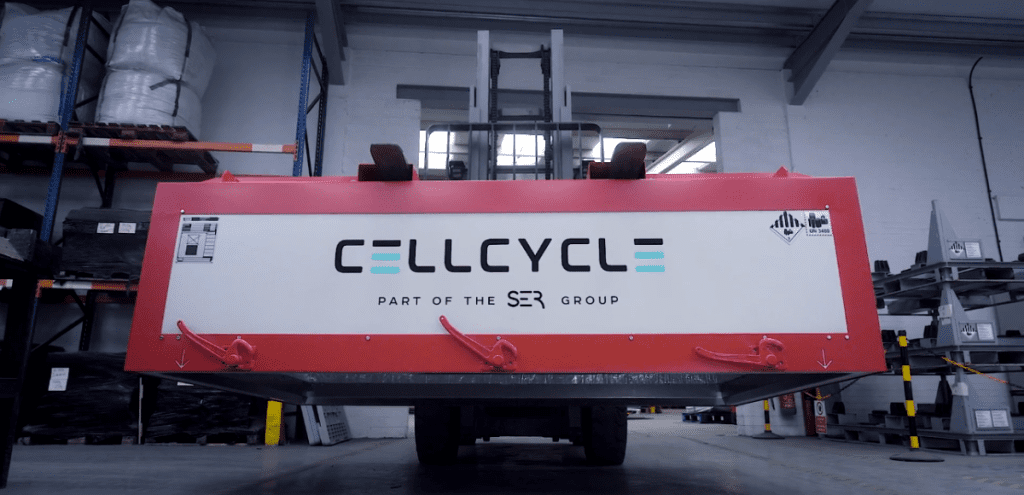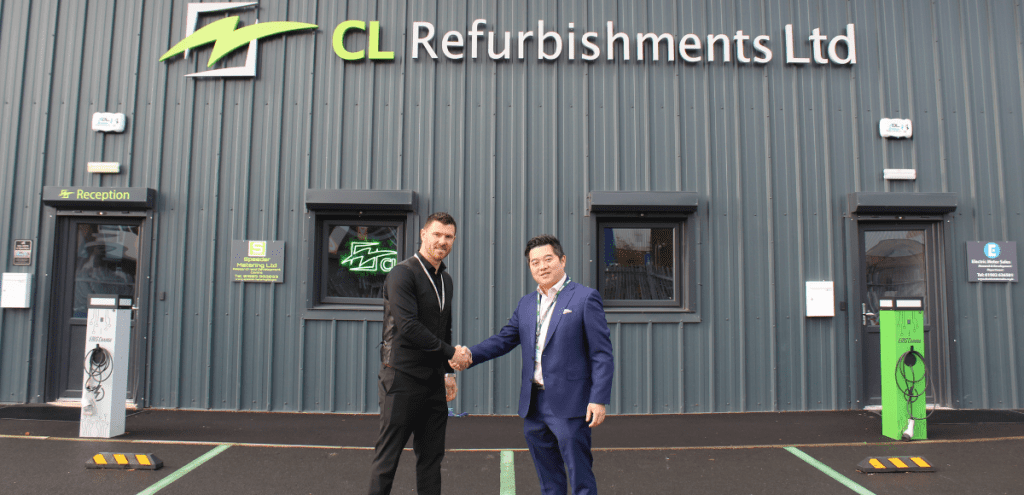It highlights the importance of sustainable battery recycling processes, safe discharging of packs, and access to a diverse workforce proficient in battery materials such as cobalt and lithium. By developing an exceptional battery recycling ecosystem, not only would the UK enhance its critical mineral security, but it would also attract investment from battery manufacturers looking to establish themselves near recycling centres with ample supply of skilled labour and materials. To make this vision a reality, policymakers and innovators must act now to ensure the industry’s prosperous future.
Co-author of the report, Sheena Hindocha, Knowledge Transfer Manager at Innovate UK KTN, says, “Without going into the politics of supply monopolies, there’s already a finite amount of raw material to make batteries, and with over 450,000 tonnes of cell production predicted for 2040, we must act now to develop the end-of-life infrastructure required for this demand.”
Co-author of the report, Nikoleta Piperidou, Knowledge Transfer Manager at Innovate UK KTN, adds “It’s well-known that EVs are going to play a key role in the UK’s race to net-zero by 2050. Collaboration is essential for success, from industry stakeholders and researchers, all the way to Government to develop the right strategy for the volume of EV batteries that are coming.”
The report outlines the steps needed to achieve excellence in battery recycling in the UK. One key component is the standardisation of EV batteries and connections. Currently, each car manufacturer uses different battery cell designs, making it difficult to manage end-of-life batteries. By standardising these components, the process of handling and discharging batteries at the end of their life will become simpler, safer, and potentially automated.
The report also emphasises the importance of clear and safe industry practices for transporting batteries. This can be addressed through the integration of battery State of Health (SOH) technology, which helps identify when a battery needs to be recycled, reused, or repurposed.
In order to support the growth of this industry, robust infrastructure is essential. Without it, there may be a need to ship UK EV waste at great expense and with negative environmental impact.
For more information and to view the full report click here. Additionally, why not join Innovate UK’s KTN Networking Hub Platform to view new challenges and opportunities in the world of batteries.


